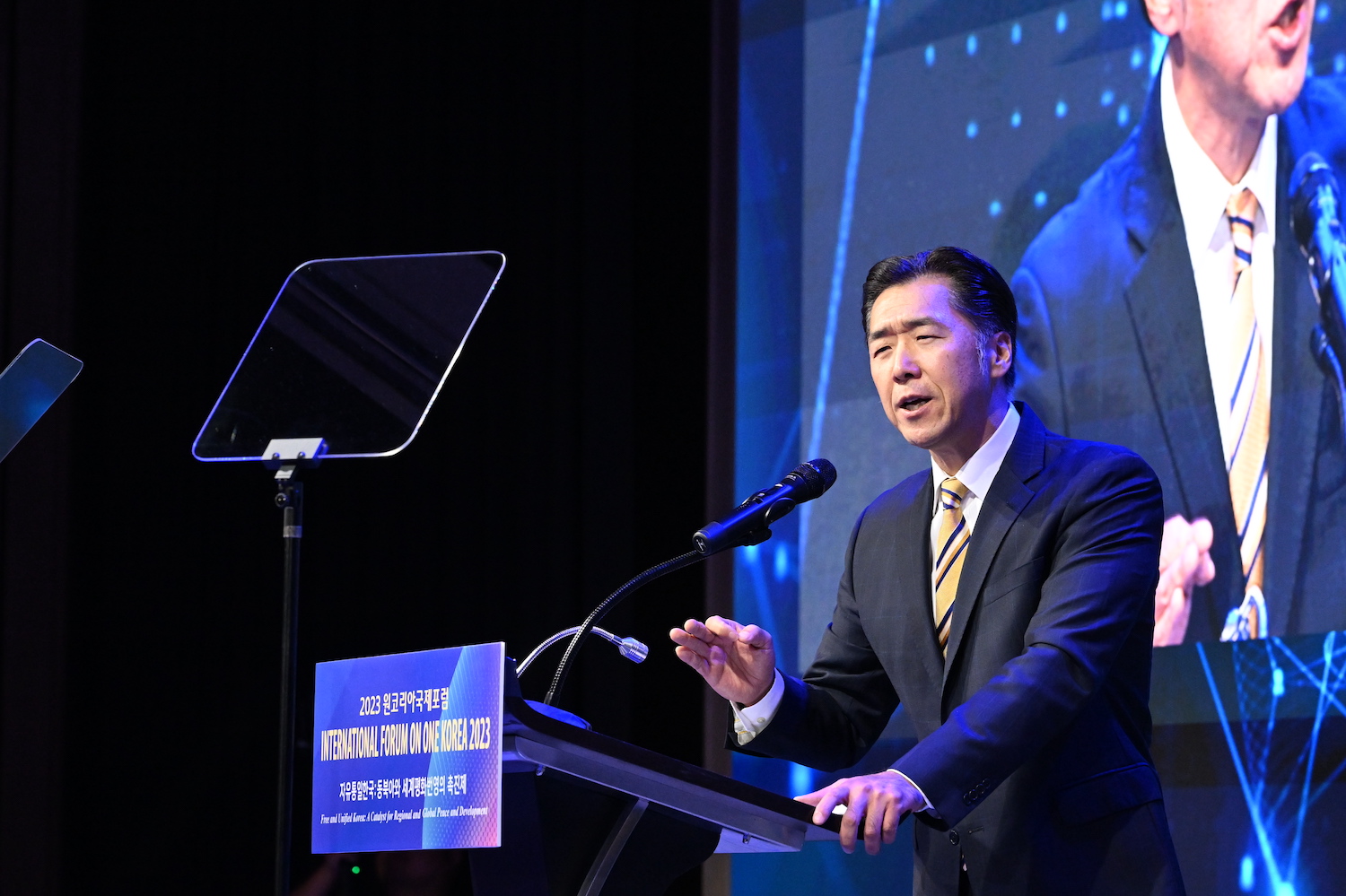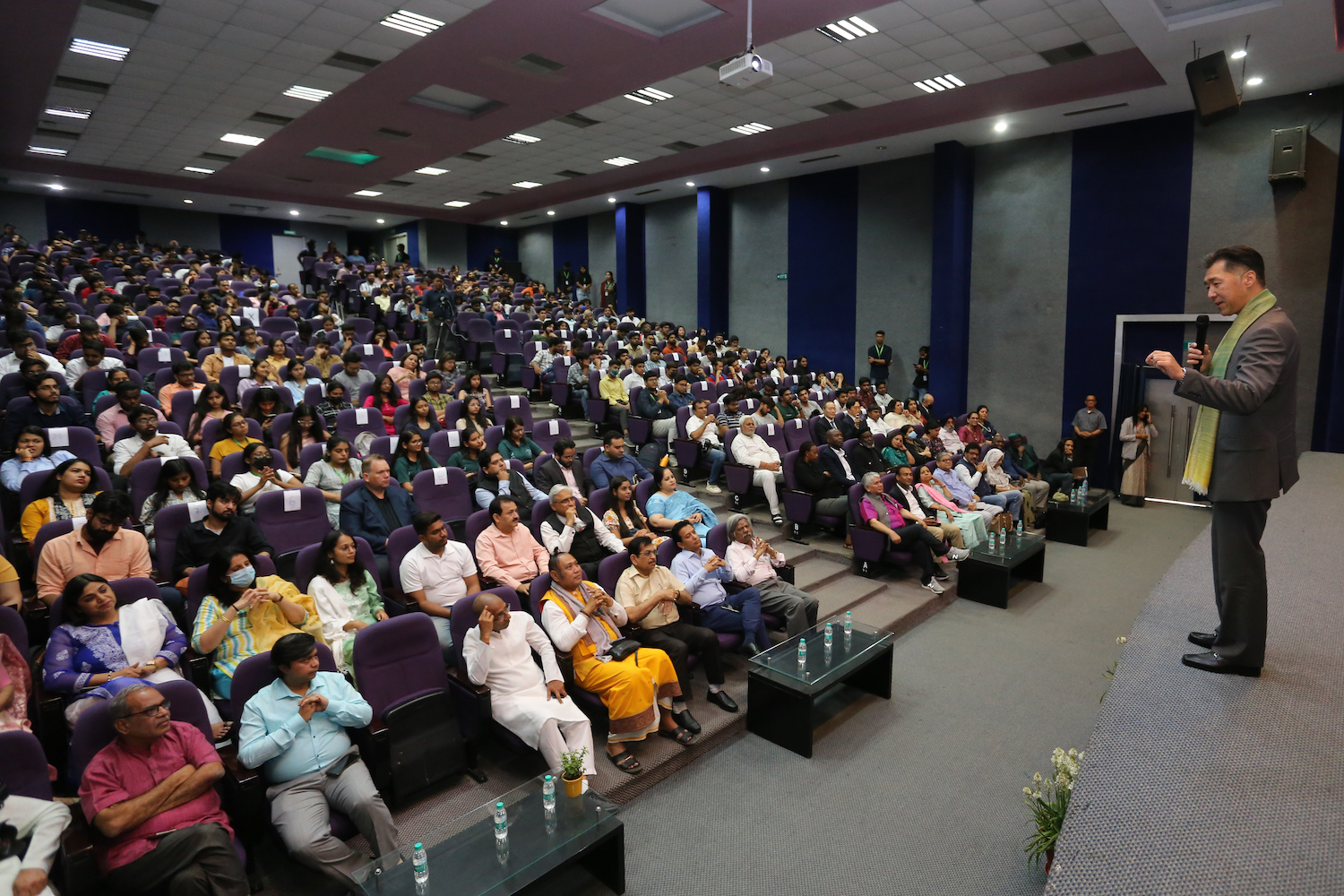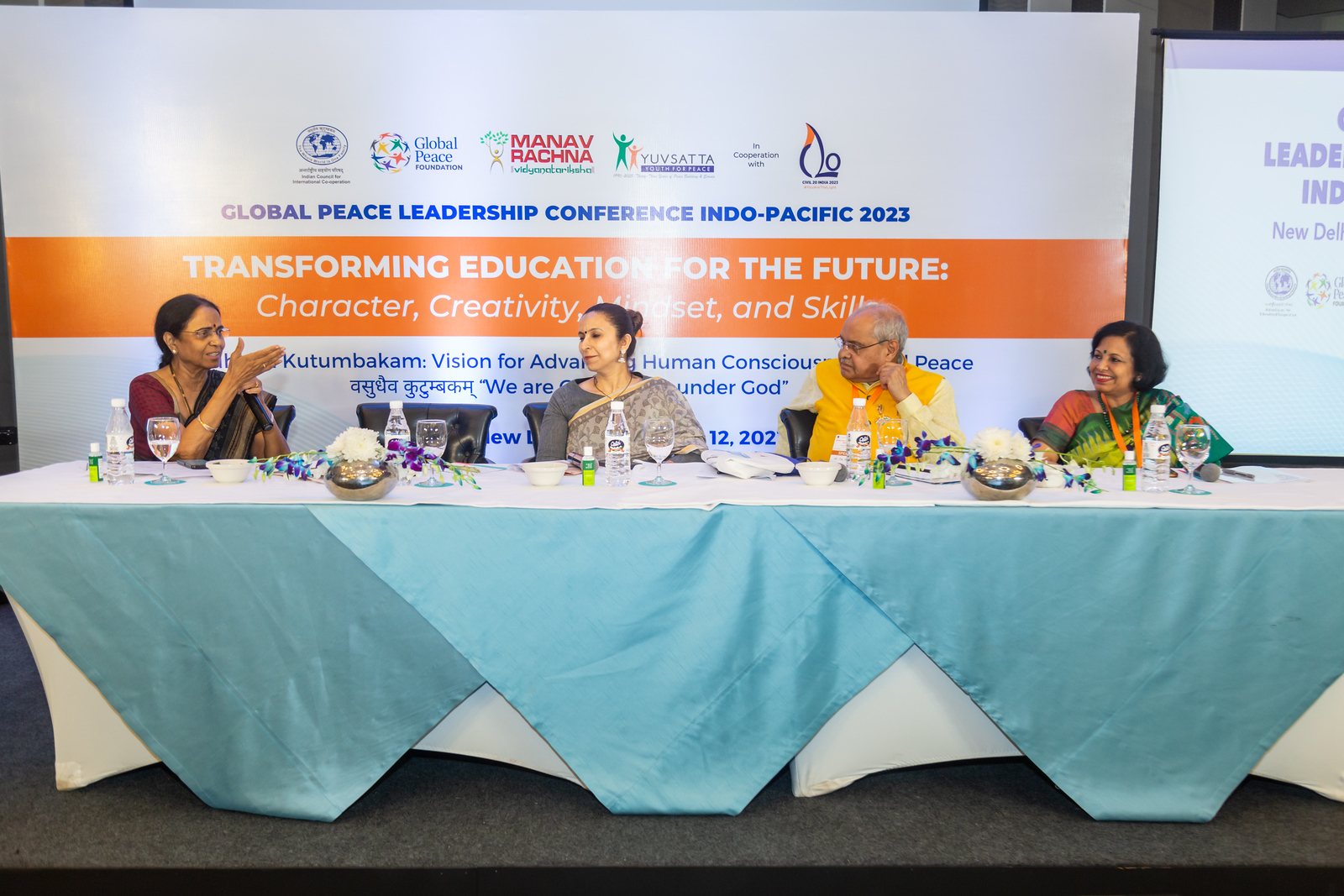Zanzibar, Tanzania | July 21 – 24, 2015
“Promoting Peace, Security and Sustainable Development in East Africa”
Your Excellency Seif Ali Idi: 2nd Vice President of the Revolutionary Government of Zanzibar;
Excellency Amani Karume, Former president of Zanzibar and Co-Chairperson, Africa Leadership Mission;
Excellency Rupia Banda, Former president of Zambia;
The Rt. Hon Raila Amolo Odinga, Former Prime Minister, Republic of Kenya;
Mr. James P. Flynn, International President, Global Peace Foundation;
Honorable Ministers here present;
Excellencies Ambassadors, Amb. (Eng.) Mahboub Maalim, Executive Secretary IGAD;
Distinguished Guests;
Ladies and Gentlemen;
Let me begin by welcoming you all, to this important conference, in these scenic settings of Zanzibar. I wish to thank you, H.E. Karume, for agreeing to Co-Chair this conference, and for your leadership. Thank you Mr. Flynn, International President of the Global Peace Foundation, for conceptualizing the conference, and for the programs you carry out in our region geared towards fostering sustainable peace and sustainable development in our region.
Finally, I thank the Revolutionary Government of Zanzibar for being such excellent hosts. We could not have come to a better place. For centuries, Zanzibar has played a critical role in East Africa. It has served as a frontier post for commerce, international trade, a crucible for new idea for the entire Inter lacustrine Region of the Great Lakes. And, importantly, it has given us a language, Kiswahili, a language we are proud to call our own.
Zanzibar has served as a nexus between Africa and Asia. It has attracted European adventurers in search of an exotic locale – for it is, as you can see, Exotic in its own right, but also for explorers in search of the Nile. Zanzibar has been present, and sometimes at center, of peace in our region. No wonder Dar Es Salaam the haven of peace, is not too far away. It has also been heavily involved when our Region suffered insecurity.
Zanzibar has provided items for trade when we, East Africans traded with each other, and her ports, when we traded each other.
I am therefore glad that this Conference is being held here, and we at the Community are privileged to be Co- Convenors.
Once again, our Region is beginning to grapple with insecurity, strongly based on identity-based conflicts. Our integration is deepening. Intra EAC Trade volumes are up, socioeconomic indicators are getting better, foreign direct investment is increasing, the youth are awakening to the benefits of integration, and there is a vibrancy, a sense of hope, an optimism we have not seen in a long time. We need to nurture this.
And yet, there is the dark underbelly of violence, of identity based ideological extremism, of the glorification of destructive violence agaisnt the different “other” as an affirmation of one’s own uniqueness.
In my homeland Rwanda, in 1994, we saw the apogee of this dark underbelly in the genocide agaisnt the Tutsi. Now the Tutsi, who was the object of genocide, was a Socio political construct, completely unrelated to objective reality, built by those who prepared and carried out the apocalypse. An Institutional and ideological infrastructure and super structure was build, over decades, to enable the genocide.
Excellencies, Distinguished Guests, Ladies and Gentlemen;
As you know, identities are malleable. They can be used for good, or they may serve as the bedrocks of conflict. The identities may be national, ethnic, religious, racial, political, or gender based. Whatever the cause, they are usually manipulated by myopic leaders, and consume mainly the youth. History has shown us that those who propagate identity based violence ultimately loose – but not before they have destroyed societies, disrupted lives, and laid the seeds for difficult Socio economic recovery. That is why we must deal firmly with it.
The East African Peace and Security Strategy, as well as our counter terrorism strategy is aimed at doing precisely that. They are a result of our realization that peace and security are our collective responsibility. That they require the involvement of all sectors of society. Religious leaders, youth, women groups, local, leaders, security forces, the private sector, Parliamentarians, and others.Yes, peace, security, and sustainable development require that we realize, first and foremost, that we are, and we must act, as our brothers’/sisters’ keeper.
We cannot, and we must not, close our eyes to bad governance, inequalities in society, and the destructive rust of corruption. We must continuously strive to provide equal opportunities for our people, based on their abilities. It is not beyond our capabilities to provide meaningful social safety nets to our most vulnerable.
But we must not agree to the idea that our own well being is only possible if we eradicate those that we see as different from us. Those whose wealth or beliefs we do not share. Those whose culture differs from ours. Those whose language and education we do not understand. These are the people we must celebrate, not kill: especially not in the name of God.
So let me thank the religious leaders present here today for agreeing to form an East African Inter Religious Council, headquarters in Kampala, Uganda. You are from different countries, and different faiths – But after your dialogues in Bujumbura and Kigali, you have decided that the preservation of life is crucial to your work as servants of God. I congratulate you and can only assure you that you have the support of the East African Community. Please reach out to our youth and convince them to invest their considerable energies in life, not in death.
Excellencies, Distinguished Delegates, Ladies and Gentlemen,
In the last analysis, our region will only grow as fast as the leaders we have. As the saying, goes, without vision, a people perish. East Africa requires leaders who are willing to sacrifice self for their people. Leaders who are willing to go beyond the comforts and trade offs of day to day politics to invest in the future of their youth, even at great personal cost. Leaders willing to trade for development, peace and security.
Yes, leaders must be innovative, but I strongly believe that they must have character. Character to see beyond the problem of the moment to a better future for their people. Character to go alone to the top of the mountain for communion with self and God. Character to choose men and women of character to walk their leadership journey with them, instead of accepting the least common denominator for the sake of expediency.
I think that is the fundamental lesson of Moses, Mohammad (Peace Be Upon Him) and Jesus of Nazareth.
With these remarks, I wish you success in your deliberations.
God Bless East Africa,
Ahsante Sana.



